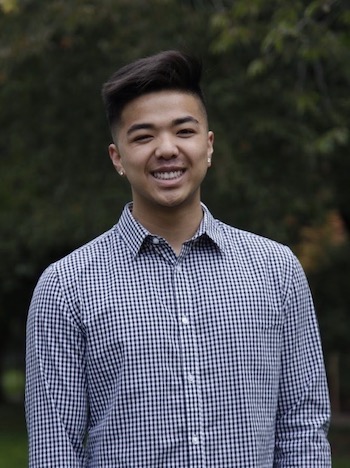2022 - 2023 Recipient
The 2022-2023 Francis Student Research Fellowship recipient is Annie Dwyer, who is pursuing a Masters in Clinical Mental Health Counseling (’24). Annie’s research will focus on “Climate Change, Mental Health, and New Directions for Justice-Oriented Crisis Counseling.” Her project aims to explore the phenomenon of ecoanxiety and climate grief through localized case studies in the Pacific Northwest. Further, she’ll seek to formulate and evaluate some of the psychological supports and therapeutic interventions that may be required, namely, trauma-informed, culturally sensitive crisis response protocols that are specific to climate-related natural disasters and other experiences of loss connected to climate change. A literature review will focus upon the productive intersections between scholarly conversations in ecopsychology, climate psychology, disaster mental health, and the environmental humanities. Annie will also conduct qualitative research with 6-9 members of 3-4 frontline communities in the Pacific Northwest to learn more about the psychological and sociological impacts of climate-related natural disasters. Finally, Annie will develop a conceptual model for trauma-informed, culturally sensitive crisis response specific to climate-related natural disasters. At stake in this research project is the recognition that marginalized populations are often disproportionately impacted by climate change, and that supporting human mental health in the context of climate change will greatly contribute to our ability to “stay with the trouble,” to borrow Donna Haraway’s phrase. Human resilience in the face of climate change will matter—not only for humans, but also for other species. Cultivating human capacities to cope with devastating impacts of climate change is critical to the task of pursuing climate justice.
Watch Annie's CEJS Fellowship Research Introduction video and read her mid-term report here.

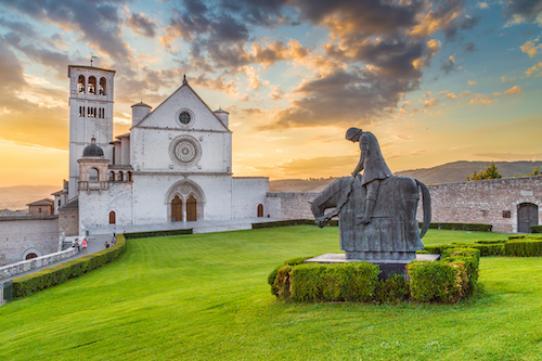
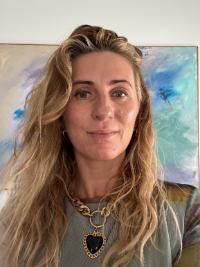
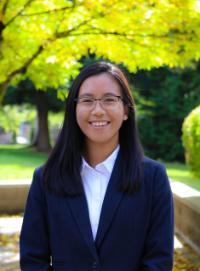 The 2023 - 2024 Francis Student Research Fellowship is Angela Su, who is a part of the College of Nursing. The title of her research is: "Examining Sexual and Reproductive Health Education Strategies and Their Impact on Measures of Social Sustainability."
The 2023 - 2024 Francis Student Research Fellowship is Angela Su, who is a part of the College of Nursing. The title of her research is: "Examining Sexual and Reproductive Health Education Strategies and Their Impact on Measures of Social Sustainability."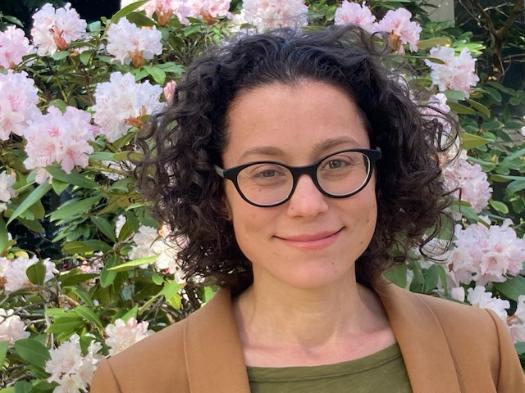
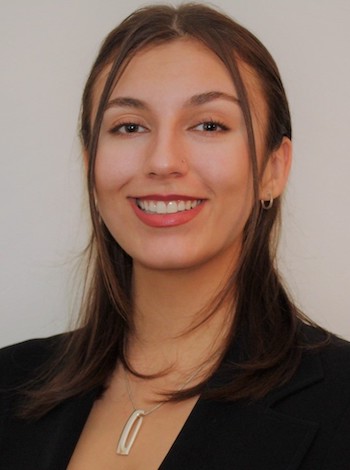 The 2021-2022 Francis Student Research Fellowship
The 2021-2022 Francis Student Research Fellowship